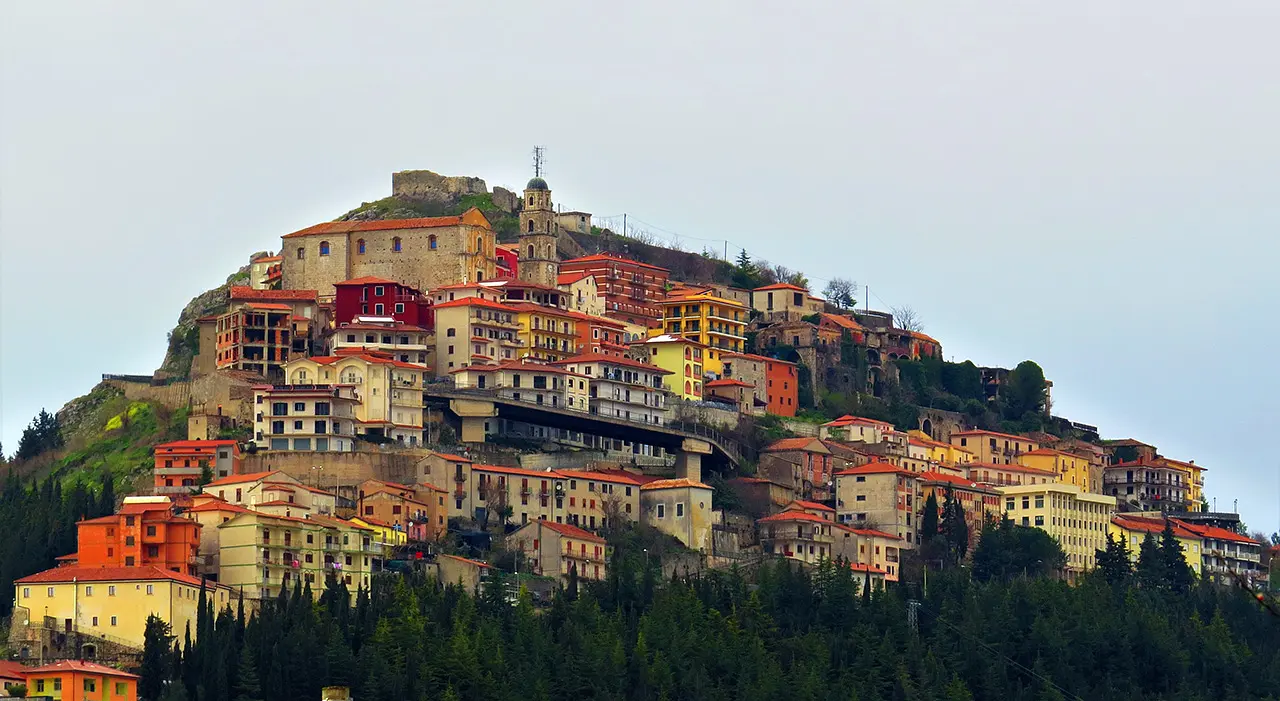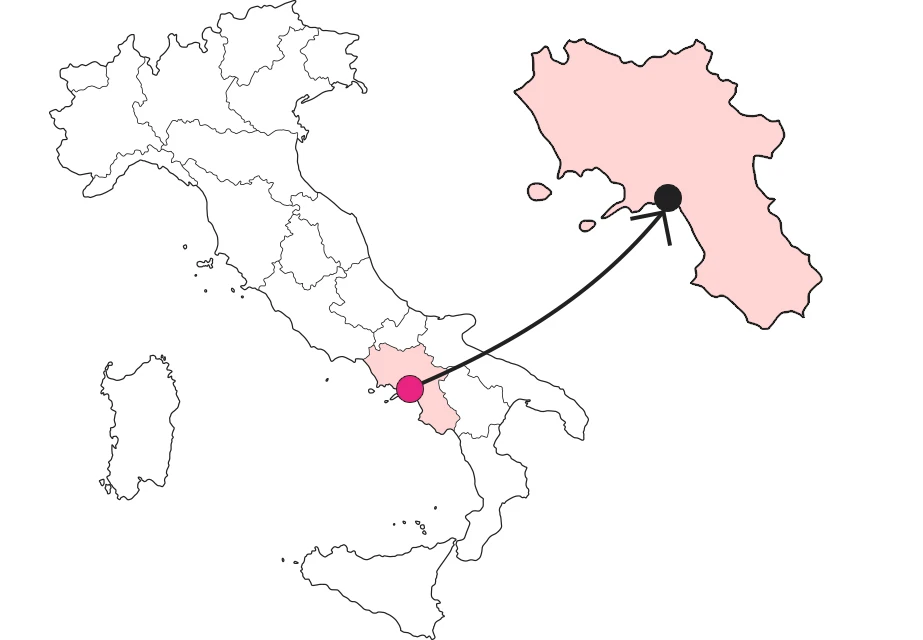SHARRYLAND


The historic center of Palomonte
The small village of Santa Maria della Sperlonga


Where is

What it is and where it is
Palomonte, when you look at it from afar, seems like a very unified town, as it is perched on the mountain. But the truth is slightly different, and to discover it you have to move away from the Tanagro almost to the edge of its valley, to explore the center of the town. It is here that walking through the streets one smiles at the bright colors of the newer houses, only to be confronted with excerpts of walls, old stone houses, gates now guarding empty houses and windows closed forever. One village, two souls, and a tear that has a specific date: November 23, 1980. The Irpinia earthquake.
Why it is special
Not everything, however, was destroyed: several historic buildings are still visible today, such as the Sanctuary of Santa Maria della Sperlonga and the Mother Church Santa Croce. But Palomonte is not only history and architecture: the link with its mountains is close, and so architectural wonders are also flanked by natural ones, to be discovered through a beautiful walk: the waterfalls of Forte Pisciolo, formed by the Vonghia stream that continues until it flows into the Tanagro, or the Palomba Caves, inhabited by Neolithic men.
Not to be missed
Between the towns of Palomonte and Sicignano is the Byzantine church of Santa Maria della Sperlonga, built between the 4th and 5th centuries AD. The small church is surrounded by streams that hide natural caves full of lush flora where Basilian monks sought solace in an ascetic retreat for a few days a week. Inside the church one can see frescoes as ancient as they are fascinating, created by the monks themselves. Among the best-preserved representations are the Ascension of Mary, a Madonna Odigitria, Saints Cosmas and Saba, and the dearest to the faithful: the Madonna of the Child.
A bit of history
The origins of Palomonte are still a mystery, while it is known history that, like many other villages, it passed under different dominations over the centuries. Telling this story, in addition to official documents, are some details in the urban fabric and surroundings of Palomonte: the remains of a Longobard fortification dated around the year one thousand, the colonnades of the Mother Church Santa Croce, dating from the period of Aragonese influence, and much more. But weighing heaviest on the hearts of the village's inhabitants is its recent history, marked by the tragic Irpinia earthquake, the pain, but also the determination and strength to get back up and rebuild.
Trivia
The hermit monks were not the first inhabitants of the caves: many of them, in fact, had hosted human settlements already in prehistoric times, as evidenced by graffiti and basins made precisely in that remote era.
Enter the Map of Italy's Undiscovered Wonders and find treasures where you least expect it... Inspire, Recommend, Share...
Contact
Collections
The Map thanks:
Enter the Map of Italy's Undiscovered Wonders and find treasures where you least expect it... Inspire, Recommend, Share...
Where is

Contact
Collections

